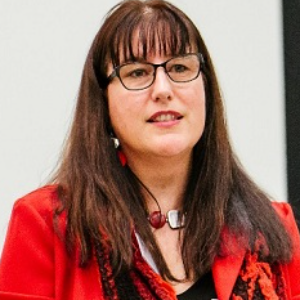Title : When clinical governance breaks down: Australian cases of willful blindness and whistleblowing
Abstract:
When nurses’ attempts to have patient safety concerns addressed internally are ignored by wilfully blind managers, they can be compelled by a choice less choice to ‘blow the whistle’. Wilful blindness is the human desire to prefer ignorance to knowledge; the responsibility to be informed is shirked. Failures in clinical governance set the context for whistleblowing. When managers fail to attend to reports of possible and actual risks to patient safety, the ability to capture and learn from such reports and to take remedial action is undermined. Whistleblowing need never occur if effective clinical governance processes are in place. This presentation briefly looks at two high-profile Australian cases of whistleblowing: the Macarthur Health Service in New South Wales, and the Bundaberg Base Hospital in Queensland. When the nurses first reported their concerns they wrongly assumed that ‘something would be done’. Instead, the respective organisational responses were retaliatory leading to a ‘social crisis’. Four structural bases contributed to this crisis: the need to assign blame, the exercise of wilful blindness on the part of hospital administrators, the presence of a network of hierarchical gaze and discipline and, finally, the use of confidentiality as a mechanism to silence dissent and prevent external disclosures. A key driver motivating the nurses to take the action they did was the need to find internal psychological peace, which they believed would come from standing up for a personal non-negotiable principle: patient safety. Managers tasked with clinical governance must be aware of mechanisms with the potential to blind them. The human tendency to favour positive news and avoid conflict is powerful. Understanding wilful blindness can assist managers’ awareness of the competing emotions occurring in response to ethical challenges, such as whistleblowing.
Take Away Notes:
• An understanding of the phenomena of willful blindness and how this can result in whistleblowing
• In order to prevent external reporting, i.e. whistleblowing, a feedback loop that provides constructive, responsive communication back to those who report is essential
• Repeated inaction, or a culture of blame and retaliation, will contribute to the difficult decision by nurses to either remain silent or escalate the concern, first to a higher authority within the organisation, and, if unresolved, outside the organisation
• Whistleblowing need never occur if those responsible for receiving and acting on patient safety reports adequately address them in a culture of transparency, trust and accountability. The way forward requires attention and research, not just on clinicians at the sharp end of patient care but also on the managers who receive reports of failure



